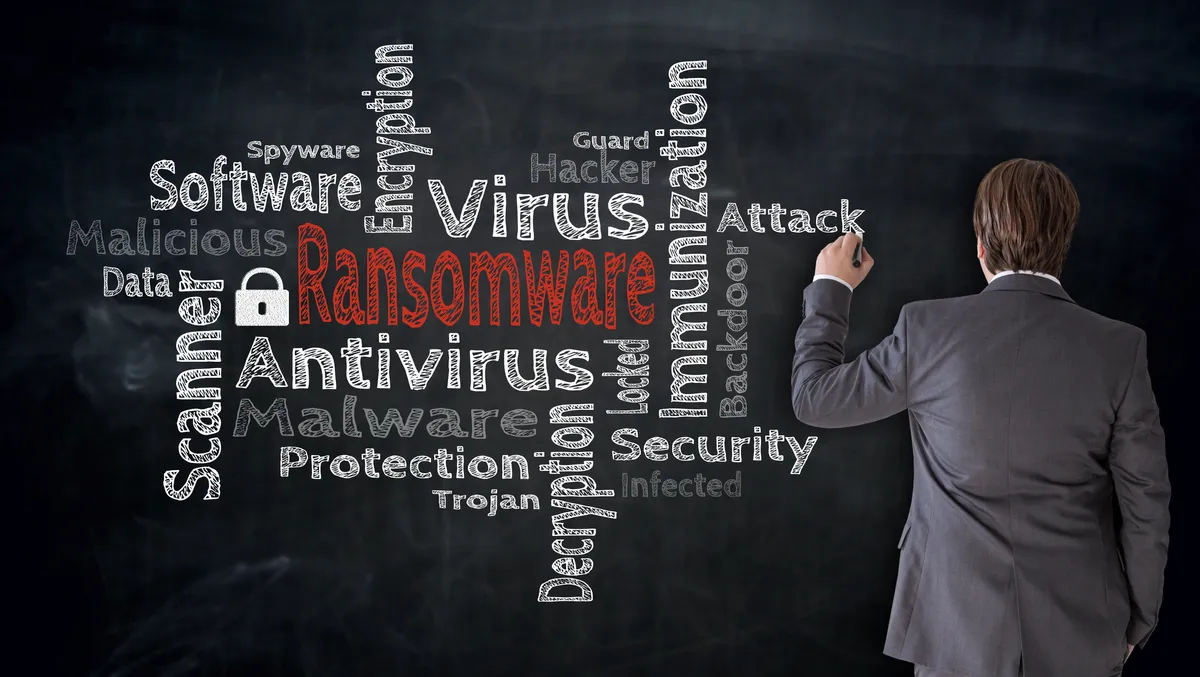
Education sector leaving Australians vulnerable to cyber attacks
The Australian Information Security Association is calling on the Australian Government to undertake an urgent review into the higher education sector's cyber security courses as a key component of their planned national cyber security strategy.
"Currently there is no oversight into the curriculum of our education sector's cyber security degrees and courses. Some institutions simply add cyber units to IT degrees and brand them as cyber security courses," says Damien Manuel, Chair of AISA.
"This isn't going to prepare our next generation of cyber security specialists to deal with an ever-changing threat environment. Students need courses to be updated on a yearly basis rather than the typical 4-to-5-year cycle.
"In addition, if you are a young person looking to study a Cyber Security course, there is no way of objectively comparing different institutions to ensure you are getting value for your investment," he says.
"The Australian Government has a role to play to ensure we are building and evaluating courses that are relevant to industry and able to place job-ready cyber professionals upon graduation."
The Minister for Home Affairs and Cyber Security the Hon Clare O'Neil MP scrapped the previous Government's 2020 AU$1.7 billion ten-year Cyber Security Strategy, and has announced they will recast it with a greater focus on building sovereign cyber-capabilities and workforce skills.
This news has been welcomed by an industry that is facing severe skills shortage and needs an additional 7,000 qualified cyber security specialists over the next two years.
While Australia's education sector has recognised this shortage and is launching new cyber security degrees and courses, AISA is calling for urgent Government direction to ensure their courses are fit-for-purpose and producing job-ready cyber professionals with clear pathways to employment, to boost our sovereign capabilities.
"Private enterprise is currently filling the education shortfalls by creating their own specialist cyber training courses to fast-track talent from outside the cyber security sector into these specialist roles," says Manuel.
"While this is one part of the solution, a holistic education approach is urgently required. One that meets and delivers the skillset required by industry and ensures students have pathways into the various cyber security roles available in industry and government. Greater collaboration and integration is needed between Universities, TAFEs, and industry.
"We would also welcome Australian Government tax incentives to support business to take on and train cyber graduates with an IT background," he says.
"I would love to see a system like that expanded to enable people in other fields cross over and establish a career in cyber security. Imagine the benefits of having cyber security professionals with backgrounds in law, policy, humanities, sciences and psychology."
As the nationally recognised not-for-profit organisation and charity, AISA would welcome the opportunity to collaborate with the new Australian Government on the best approach to developing a strategy that is practical and agile.
"We stand ready to support the Government to develop cyber security as a sovereign capability, building the capacity of professionals in Australia," says Manuel.
"The recasting of the cyber security strategy presents the opportunity to review the education sector and provide much needed direction and governance to ensure we are rising to meet this challenge."


